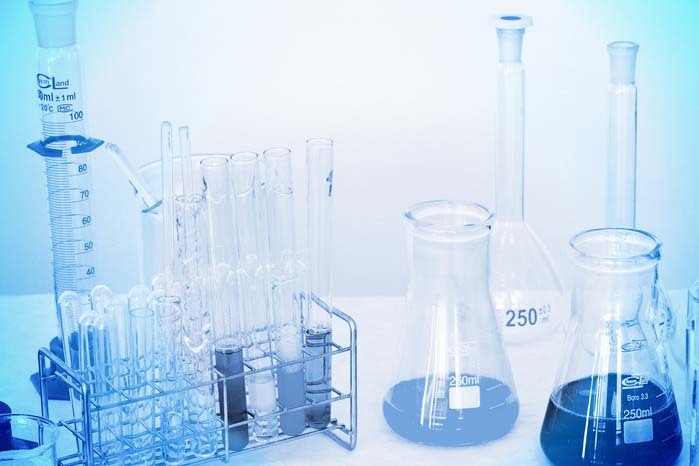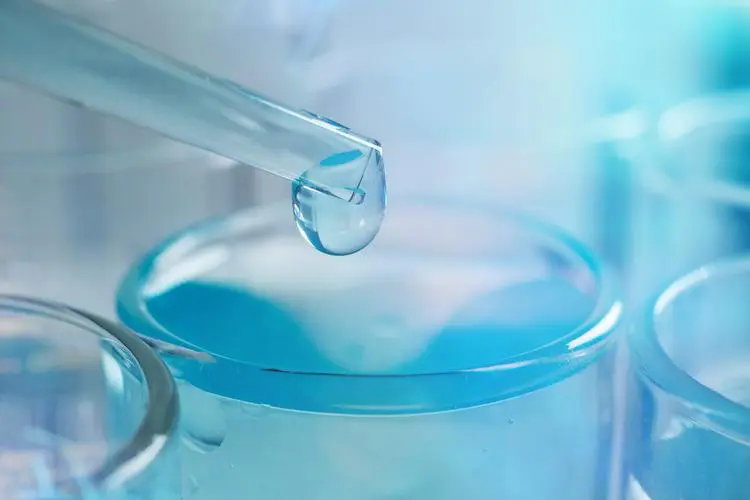The important reagent in the laboratory is ammonia water
Release time:
Aug 14,2024
Ammonia water is an important reagent in laboratories, primarily used as an analytical reagent, neutralizing agent, alkaloid leaching agent, aluminum salt composition, and weakly alkaline solvent.
Ammonia water is an important reagent in laboratories, primarily used as an analytical reagent, neutralizing agent, alkaloid leaching agent, aluminum salt composition, and weakly alkaline solvent. Used for the detection and determination of aluminum salt composition and certain elements (such as copper and nickel), used to precipitate hydroxides of various elements.
Skin touch: Immediately rinse with water for at least 15 minutes. If there are burns, seek medical treatment. For a few skin touches, avoid spreading the substance over an extended area. Pay attention to keeping the patient warm and maintain quietness.
Emergency response: Evacuate personnel from the contaminated area to the safe zone, prevent unrelated personnel from entering the contaminated area, and advocate that emergency response personnel wear self-contained breathing apparatus and chemical protective clothing. Do not touch the leaked material directly, seal the leak only under safe conditions. Rinse with a large amount of water and dilute the washing water into the wastewater system. It can also be absorbed with sand, vermiculite or other lazy materials, and then added with a small amount of water, conditioned to neutral, and then put into the wastewater system. If a large number of leaks occur, use embankments to shelter them, and then collect, transport, recycle or dispose of them harmlessly before discarding them.
The sold ammonia water should be stored in the ammonia water tank on the east side of the desulfurization tank. It is necessary to equip the ammonia water tank with a safety valve to avoid pipes, and the gas inside the pipes can be smoothly discharged to avoid tank explosions. Avoid storing with acids, metal powders, etc. During transportation, attention should be paid to the leakage, volatilization, and corrosion of ammonia water. Plastic drums, rubber drums, and ceramic tanks can be used to store ammonia water.







